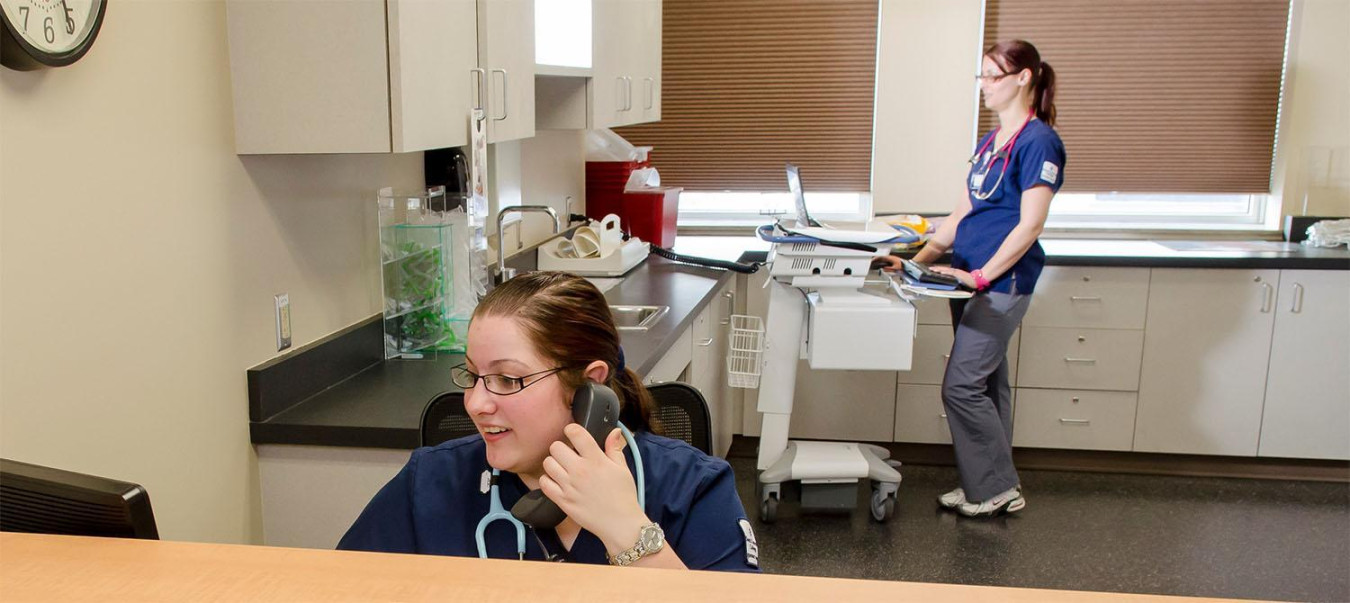Behind the bustling corridors, sterile operating rooms, and comforting patient wards of a hospital lies a figure often unseen, yet indispensable. This individual, the hospital administrator, is the quiet commander orchestrating the complex symphony of healthcare services. A hospital administrator is not merely a manager; they are the strategic visionary, the financial steward, and the ethical guardian of the institution.
At the heart of a hospital administrator’s role is the development and implementation of a strategic plan. This plan outlines the hospital’s mission, vision, and values, as well as its long-term goals. It serves as a roadmap, guiding the hospital towards its desired future. A well-crafted strategic plan ensures that the hospital is aligned with the needs of the community it serves, while also remaining financially sustainable and competitive in the healthcare landscape.
One of the most critical responsibilities of a hospital administrator is financial management. They oversee the hospital’s budget, ensuring that resources are allocated efficiently and effectively. This involves managing revenue streams, controlling costs, and negotiating contracts with suppliers. A hospital administrator must also be skilled in financial analysis, using data to make informed decisions about investments and resource allocation.

In addition to financial management, hospital administrators are responsible for human resources. They oversee the recruitment, hiring, and training of staff, as well as ensuring that employees have the resources and support they need to succeed. They also play a crucial role in creating a positive and supportive work environment, fostering teamwork and collaboration among staff members.
Another important aspect of a hospital administrator’s role is quality improvement. They are responsible for ensuring that the hospital provides high-quality care to its patients. This involves implementing quality assurance programs, monitoring patient outcomes, and identifying areas for improvement. A hospital administrator must also stay up-to-date on the latest healthcare trends and innovations, ensuring that the hospital is equipped to meet the evolving needs of its patients.
Beyond the operational aspects of the hospital, a hospital administrator also plays a key role in community engagement. They work to build relationships with community leaders, policymakers, and other stakeholders. This helps to ensure that the hospital is responsive to the needs of the community it serves, while also building a positive reputation.
In conclusion, the hospital administrator is a vital figure in the healthcare system. They are the quiet commanders behind the scenes, ensuring that hospitals operate efficiently, provide high-quality care, and remain financially sustainable. Their strategic vision, financial acumen, and commitment to quality improvement are essential for the success of hospitals and the well-being of the communities they serve.
Imagine a hospital without electricity, without imaging machines, or even without the ability to monitor vital signs. It’s a terrifying prospect, but one that biomedical engineers work tirelessly to prevent. These unsung heroes are the hospital’s behind-the-scenes bosses, ensuring that the latest medical technology operates seamlessly and safely.
Biomedical engineers are a diverse group of professionals with a unique blend of engineering and medical knowledge. They design, develop, test, and maintain medical equipment, from simple stethoscopes to complex surgical robots. Their work is essential for providing high-quality patient care and advancing medical research.
One of the primary responsibilities of biomedical engineers is to ensure that medical equipment is safe and effective. They conduct rigorous testing to evaluate the performance of new devices and identify any potential hazards. If a piece of equipment malfunctions or poses a risk to patients, biomedical engineers are on the scene to diagnose the problem and make necessary repairs.
In addition to safety, biomedical engineers are also concerned with the efficiency and reliability of medical equipment. They work to optimize the performance of devices, reduce downtime, and improve patient outcomes. For example, they may develop software that helps doctors interpret medical images more accurately or design new prosthetics that are more comfortable and functional.
Biomedical engineers also play a critical role in the development of new medical technologies. They collaborate with researchers and clinicians to identify unmet patient needs and develop innovative solutions. This may involve designing new surgical tools, creating artificial organs, or developing wearable devices that can monitor health conditions.
One of the most exciting areas of biomedical engineering is the development of personalized medicine. By analyzing a patient’s genetic information, biomedical engineers can help tailor treatments to their individual needs. This can lead to more effective therapies and improved patient outcomes.
Biomedical engineering is a rapidly growing field with many opportunities for career advancement. As the healthcare industry continues to evolve, the demand for skilled biomedical engineers will only increase. If you are interested in a challenging and rewarding career that has a direct impact on people’s lives, consider a career in biomedical engineering.
Note: To provide a more comprehensive and informative article, you may want to include specific examples of biomedical engineering innovations and discuss the challenges and ethical considerations that biomedical engineers face.
 Udento Lifestyle & Health
Udento Lifestyle & Health




